Auto repair and maintenance shops are a crucial part of the car industry. Your car must remain operational; repair shops ensure that. The Covid-19 pandemic came with many stay-at-home directives.
The new Covid situation meant that people could not drive as often as before, and therefore, their cars did not require as much maintenance. We have had lockdowns enforced, lifted, and then enforced again due to a spike in the Covid 19 infection graph and cases in Uganda and worldwide.
The car maintenance and repair industry has had to find ways to continue operating as people await the Covid 19 vaccine in Uganda during the pandemic.
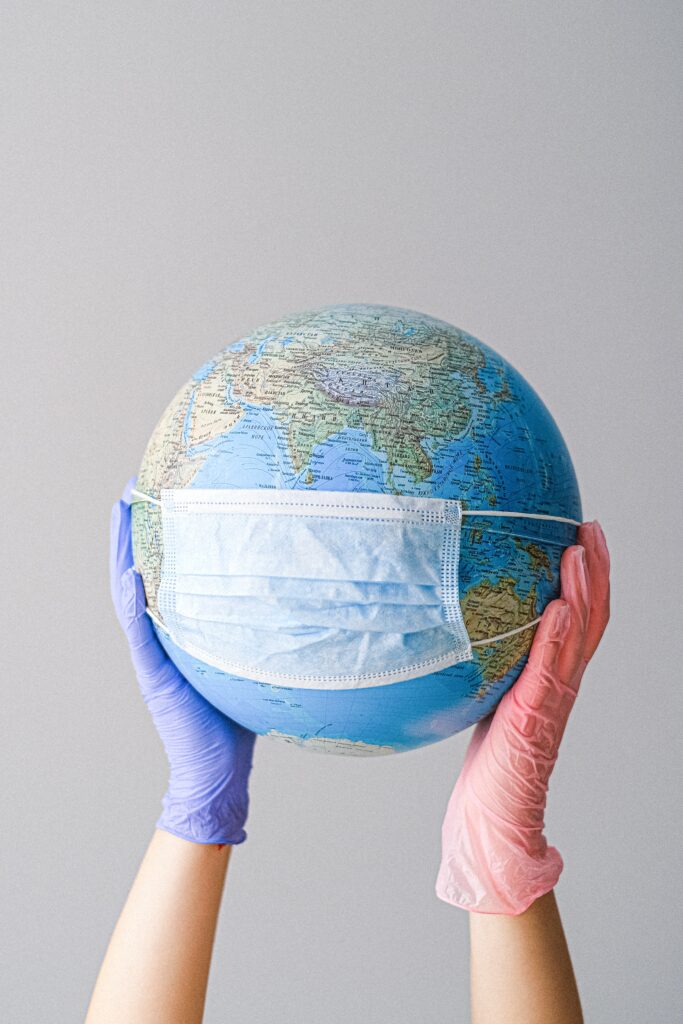
Auto repair operation during the pandemic
Despite the ongoing pandemic, even with the curfew and lockdowns, some cars still have to move as they await Covid-19 worldwide updates. Though the number of vehicles on the roads has reduced, some essential workers and employees still have to work.
Some activities can’t be put off; food still has to be transported, and the cars have to be fully operational to do all this work. The car maintenance business is therefore essential.
Many repair shops have continued to operate during the Covid pandemic in Uganda. They have put measures to make sure that the Covid-19 standard operating procedures are followed during operations.
While working on clients’ cars, they wear masks and gloves. Repair shops also make sure that the vehicle is disinfected before it is returned to the owner.
Like all businesses operating during the pandemic, repair shops have temperature guns for potential clients. Only clients with the standard temperature readings are allowed onto the repair facilities.
Those who show the Covid 19 symptoms are reported as stipulated to ensure they take the Covid PCR test. Upon being found positive, they can begin Covid medication.
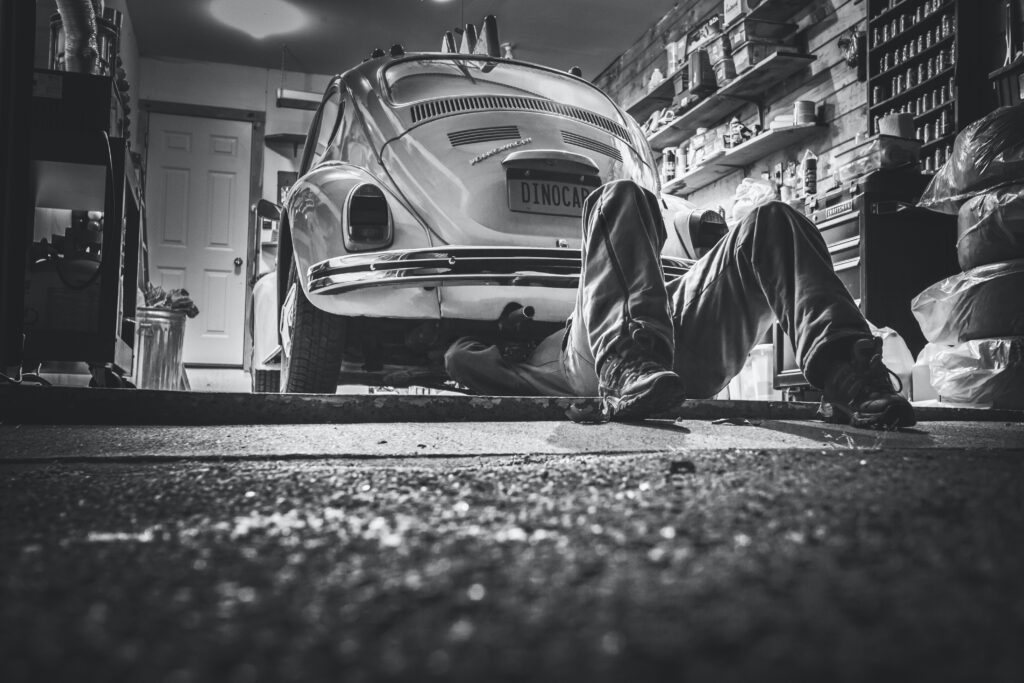
Extending repair services outside the repair shop
Due to the pandemic, people are advised to stay at home more. This measure means that many people cannot take their cars for repair even when they want to. Some repair shops have extended their services to people’s homes.
They can carry out repair and maintenance at home, or they deliver your car after repair to you. These repair and maintenance businesses utilized online platforms during the Covid 4th wave.
Many have websites and make ads so that people can find them online. Thus, the new shift means companies have to rely more on what the digital age dictates to keep their businesses thriving.
Most of these repair companies operate locally and service in places that are close to their premises. The service range is due to the movement restrictions. Most of these repair shops already have their regular customers.
They work out a system to bring the maintenance services to their customers during the pandemic. The mechanics can pick and work on the car without getting into contact with the vehicle owner. After service, the fobs and steering wheel are disinfected then wiped down.
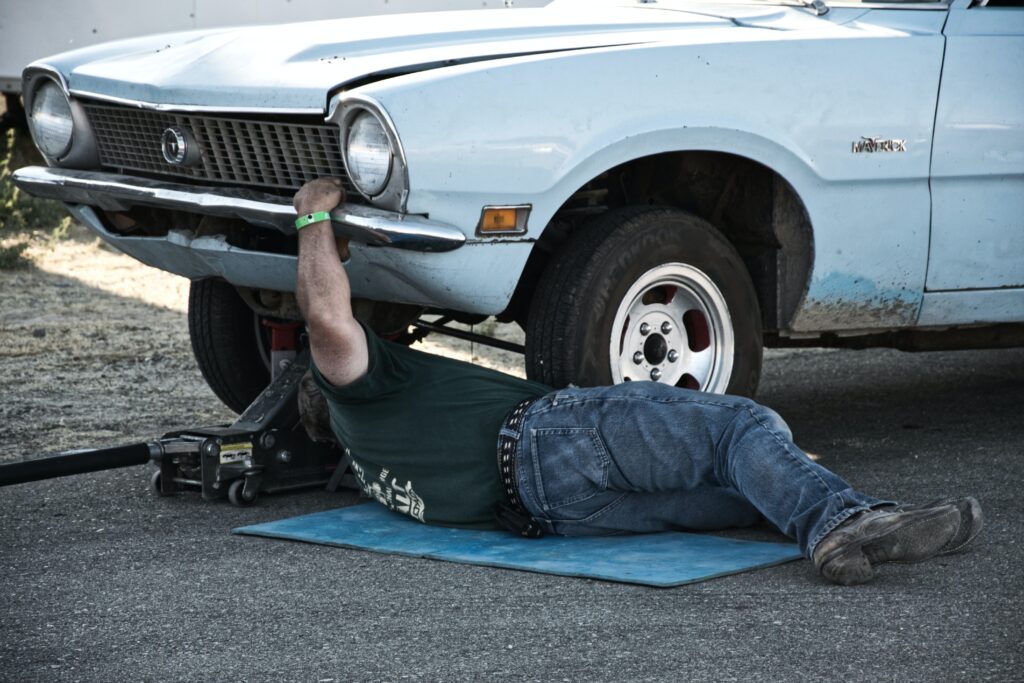
Changes in service protocol due to Covid-19
The automotive and repair industry is experiencing growth as companies try to recover from the impact of Covid-19. Repair and maintenance shops continue to work because they are essential, but they had to make changes in operation.
The Covid-19 guidelines stipulate that specific procedures are followed. In recovery, most companies have adopted new measures. The new standards ensure that their businesses remain stable in any other unforeseen pandemics and other issues.
The application of artificial intelligence to run auto and repair shops has increased. Most auto businesses have adopted automated vehicle inspection systems. The system operates by taking pictures of the car from different angles, entering the cabin as well.
The pictures are then uploaded onto a central computing system. The system compares these images with the standard vehicle system and identifies any deviations. This way, a diagnosis of the car is made without having the mechanic go all over the vehicle.
This system creates individual accounts for each vehicle for future maintenance purposes. All the problems within the car are thereby reported using this system. The system also notifies stakeholders about the required course of action. As a result, maintenance work is now easier overall.
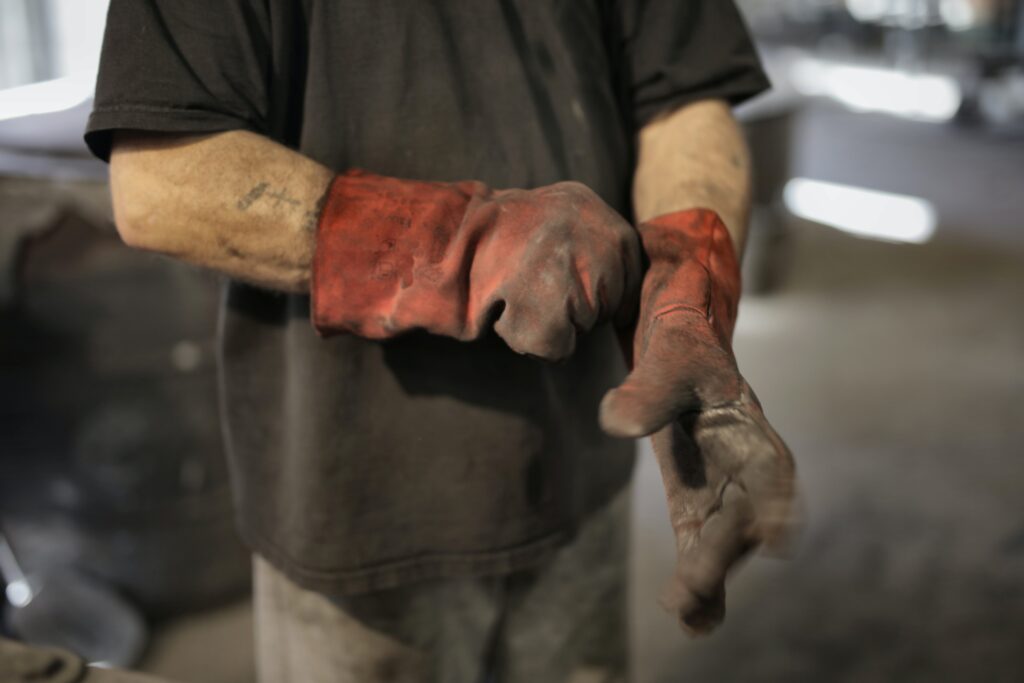
Dealing with shortages during the Covid-19 pandemic
The coronavirus pandemic affected China first, which is the leading supplier of auto parts. However, with their industries not operating at total capacity, obtaining all auto repair parts posed a challenge.
This problem was predicted before the pandemic escalated and everything was shut down. With manufacturing industries going out of business, the repair business stalked up. A deficiency of repair parts and kits would mean an inability to make repairs at all.
When China shut down production, repair companies tried to get what they needed. Repair shops had ongoing projects, and some were coming on as the pandemic descended. So they procured the parts they needed and some more for an emergency.
The pandemic disrupted the supply chain, and the auto repair and maintenance industry needed to remain afloat. The industry has had to lean more on repair than replacement during the scarcity periods of the pandemic. Mechanics make do with what is available when they can’t find new parts.
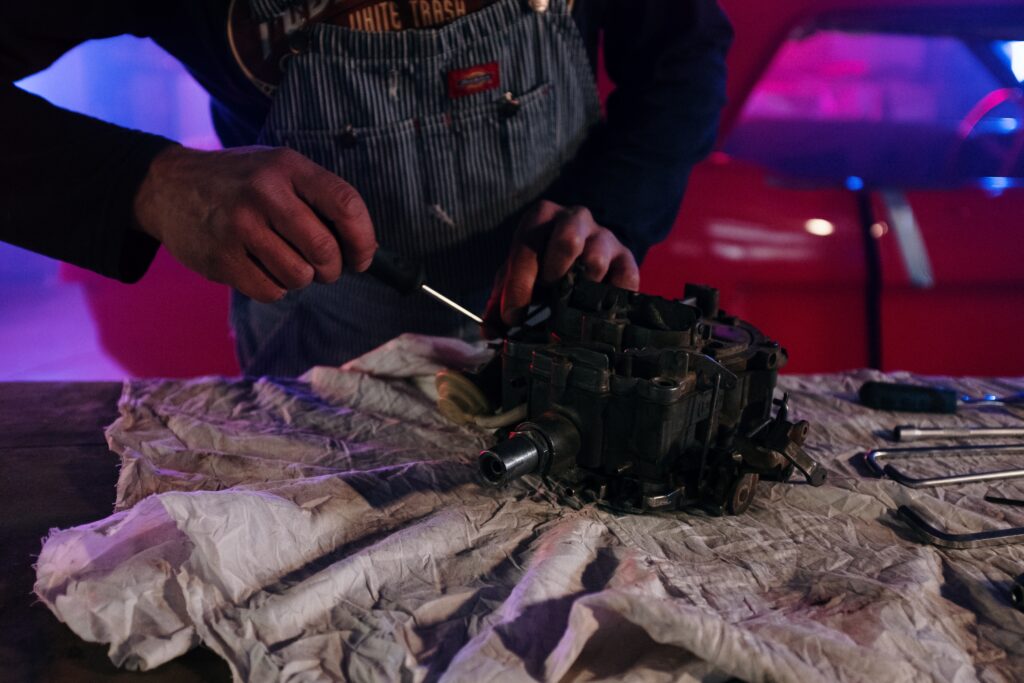
Dealing with fewer jobs and layoffs
Most repair centres in Kampala have had fewer people coming in to have their cars checked and repaired. The downtrend is because most of the laws to curb the pandemic also stipulated that businesses have few employees.
Some of the repair shops implemented new working routines. The employees would cut down on the days they worked to accommodate everyone. The companies with vast numbers of employees had to lay off some of them.
Thus, some of the mechanics then had to conduct their work at home. The industry saw mechanics starting their repair services. Most of these were door-to-door small businesses. Most employees were encouraged to take unemployment benefits that the government was offering.
Some of the industries offered benefits like paid sick leave till the employees could return. Unfortunately, the regulations during the pandemic also forced some of the companies to lay off workers. However, most of these still offered the people they lay off a percentage of their pay or complete compensation.

Conclusion
As with every business and operation, the repair and maintenance industry took a hit from the Covid-19 pandemic. With countries and states going under lockdown, curfew, and driving restrictions, it means fewer people use their cars.
The maintenance and repair industry relies upon people using their cars and has had to find ways to adjust. These new adjustments mean taking all government standard operating procedures into account and fully implementing them during operations.
Every pandemic takes considerable effort to vanquish, and joining hands ensures the victory is swift. The car maintenance and repair industry stands with all stakeholders round the clock to see a speedy end to the pandemic.
Among these stands S-Line Motors Ltd, the VW Group brand car maintenance King.